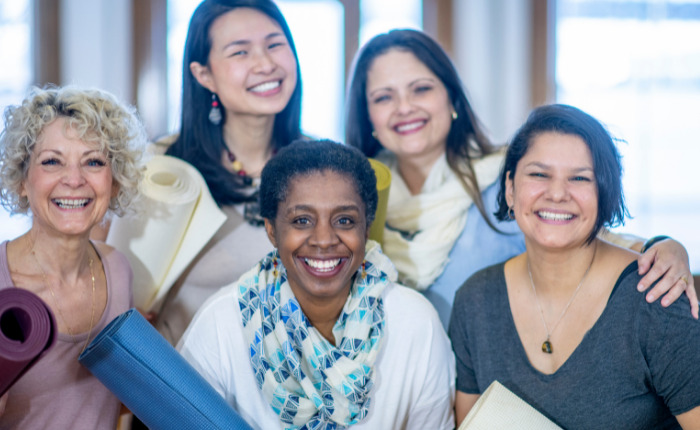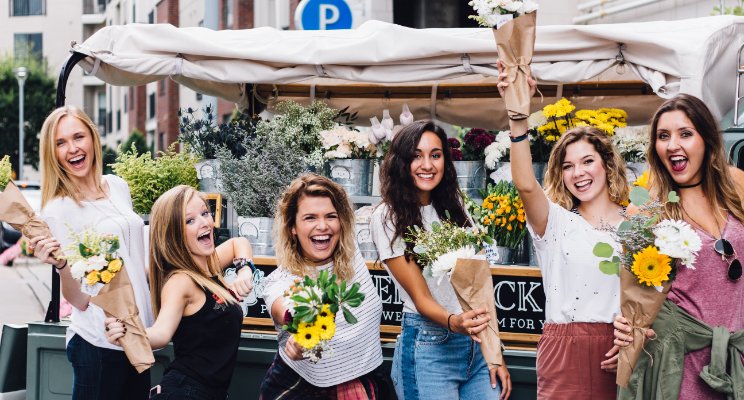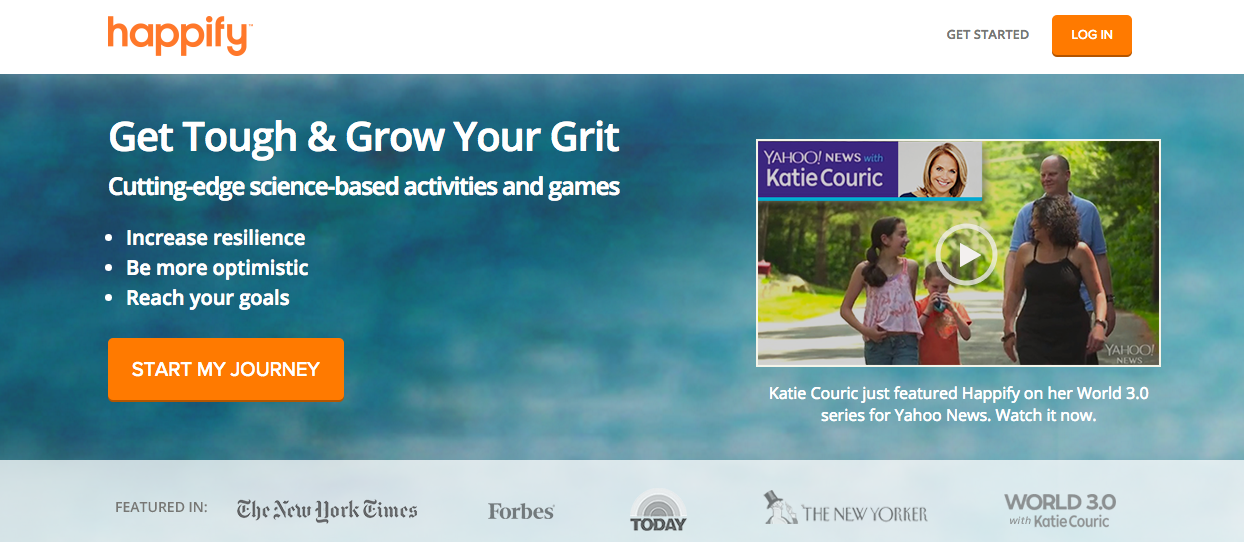By Caroline Adams Miller, MAPP, PCC – April 9. 2021
In 2019, the Internet exploded with admiration for Miss Nigeria, Nyekachi Douglas, when she leapt into the air and did a happy dance as her close friend, Miss Jamaica, beat out both her and the other semi-finalist to win the Miss World title. Seeing a woman genuinely exulting in another woman’s good fortune—even to her own detriment—was apparently so extraordinary that comments poured in on international media for days.
“In 2020, when your friend starts a new business, podcast, therapy, anything that enhances their life, be her Miss Nigeria,” wrote one. Another asked, “How do I become BFFs with Miss Nigeria?”
That moment of Douglas’s exultation for her friend’s success has run through my head numerous times. Like many women, I can’t think of very many times when another woman has openly celebrated my success at anything, or made sure that other people were aware of something exciting that I’d accomplished without any strings attached. Why do so many women have such a hard time openly supporting their women-friends and acquaintances when they pursue ambitious goals, and then achieve them?
Luckily, there’s a tool all women can (and should) deploy so that it isn’t international news when a woman is happy for another woman’s win—a good old-fashioned mastermind group. So what is that? It’s a group that is strategically and thoughtfully assembled by its members with specific guidelines so that every participant can experience psychological, emotional, physical, and financial benefits.
The impact the groups—both in-person and virtual—have had on my confidence, courage, and concern for others is a source of curiosity and astonishment. During my 30 years of writing books and creating content, I’ve fielded more requests for my guide to forming mastermind groups (that I put together years ago) than anything else I’ve done. People are floored when they hear about the risks and challenges that group members have undertaken with the group’s support, or the celebrations we’ve had for each other when our businesses have launched, books have been published, or websites have gone live. “How do I get a group like that for myself?” they often ask in amazement.
If you’d like to create your own—and forming one with intention is better than being assigned to a group by someone who doesn’t know you—here are my top, evidence-based how-tos:
- Keep the group size to between five and seven.
- Find women who have a record of being “givers” and who want to pursue meaningful goals with group support. They don’t have to know each other, but there’s usually a thread between them.
- Vow to engage in “active constructive” responding—exercising curiosity and enthusiasm when others share their dreams and progress. Research finds that any other response, especially in the early stages of goal pursuit, can kill future efforts.
- Commit firmly to monthly virtual or in-person meetings with a timekeeper. Everyone should get at least 10 minutes to share a goal or goal progress and then take questions and ideas from the other members. Being able to speak without being interrupted is a new experience for many women. Make being “seen” and “heard” the empowering norm, not the exception.
- Create rituals to mark important milestones, like birthdays. My group does a special half-hour virtual meeting for each person’s birthday where we share “reflected best-self” stories of who we see the birthday girl to be when she is at her best. This way, the top character strengths of each group member is reinforced.
- Volunteer any special knowledge or connections you have to the group. Not only does this cement yourself as an “expert” in others’ eyes, raising your confidence, it is also a public commitment to help, which builds altruism and stronger relationships.
- Create a private group message thread to share news, ask for help, and celebrate wins. But also commit to “ampliship”—sharing one another’s success stories and good news on your social media.
At a time when society is facing the loss of a decade’s worth of female progress in the workplace as a result of the pandemic, on top of studies showing that women’s well‑being has plummeted more than men’s because of their sacrifices and setbacks, creating a mastermind group could be just the happiness and helpfulness boost needed right now. And since joining a mastermind group can improve one’s risk-taking, get a jump on that quality and form one today!
Caroline Adams Miller is the bestselling author of Getting Grit. She is on the advisory board at Happify and teaches in the Wharton School of Executive Education at the University of Pennsylvania. Her latest e-book is #IHaveYourBack Success Groups: How to Start, Run, Participate In and Benefit From a Mastermind Group of Women.
You May Also Like:




